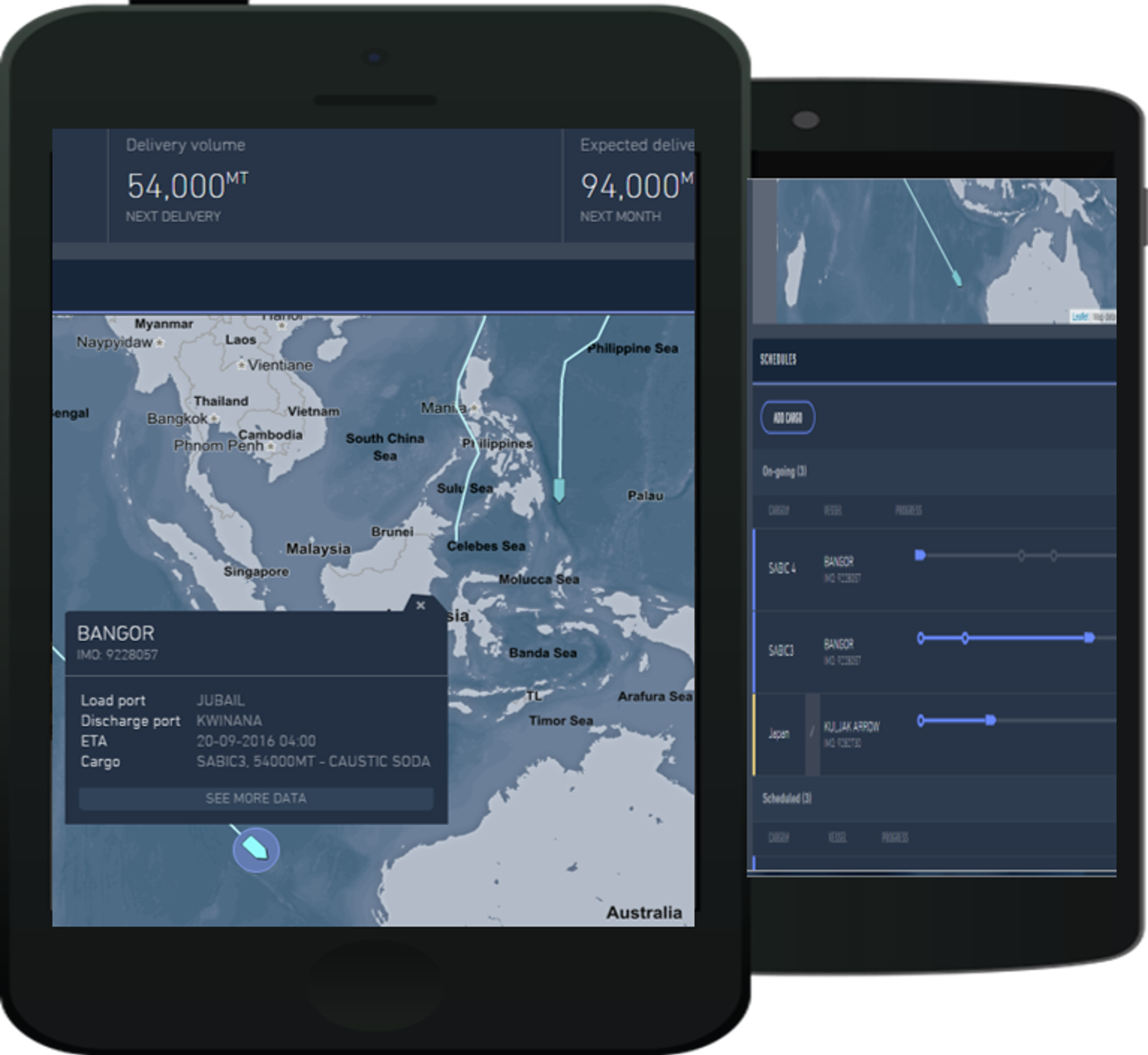Insights
Acting on the digital imperative

May 28, 2017
Industry experts are predicting that digitalisation, and the use of advanced digital solutions, will create a platform that will change society and the economy in a way that will, for many, be difficult to comprehend.
The changes are also expected to impact the ‘traditional’ maritime industry, with the digital economy likely to affect everything from business to regulatory procedures, navigation, design and construction, maintenance and operations.
Disruption and opportunities
Lars Erik Luthman, Vice President Information Technologies and Development at Klaveness thinks disruption is necessary and offers opportunities. “New technologies enable models to emerge, and companies like Uber and Airbnb have given a face to the ‘sharing economy’. At Klaveness we believe this will also apply to shipping,” says Luthman.
He continues, “Today, ships are increasingly joining the ‘internet of things’ and with all vessels carrying AIS transponder, everyone can see their position, direction and speed in real time. The trading history of all ships can be stored and analysed. In other words, nothing is secret, and we need to rethink our approach to seaborne logistics. Also, we need to expect the unexpected. A range of events like congestion, breakdown of port equipment, technical break down on the ship and rough weather can happen, resulting in the need of high safety stocks adding significant cost.”
Sharing supply chains
Luthman firmly believes that managing such costs requires increased flexibility and transparency and this is where shipping can be inspired by Uber and the sharing economy. “In areas where companies are importing the same raw material their costs connected with uncertainty could be reduced significantly by sharing supply chains,” explains Luthman and adds, “Our case studies show significant financial benefits and this can be done without compromising confidentiality or supply strategies. It requires some standardization of terms and changes to custom clearance procedures and last, but not least, a digital sharing platform.”
Innovative platform
Building on its digitalisation drive, the Klaveness strategy has stated the ambition to become the leading digital bulk operator with particular focus on collaboration and knowledge sharing. For instance, it has developed a platform enabling each player to treat the cargo flow as one common and shared flow, allowing swapping of shipments and clearing the value of cargo and freight based on pre-agreed formulas. “We are committed to being a shaper of ‘shipping 2.0’, using digital technology to make the life of our customers easier, more effective and better informed,” says Luthman.

Indeed, over its 70 year long track record as a global shipping company headquartered in Norway, Klaveness has required innovation at every level throughout its history. Going forward, it is set to play an integral role in the wave of digitalisation and shaping the nature of shipping.